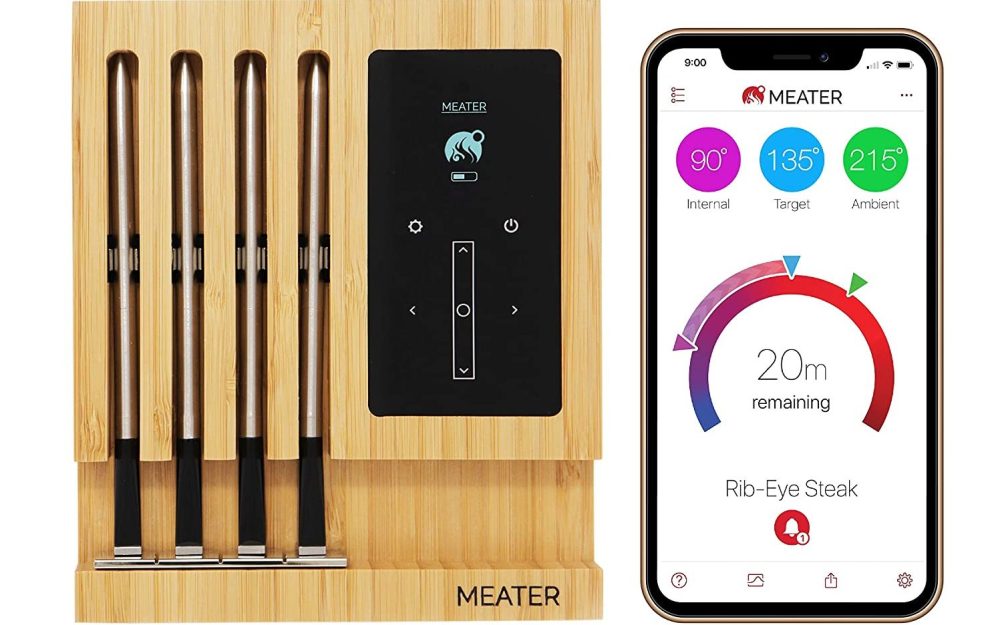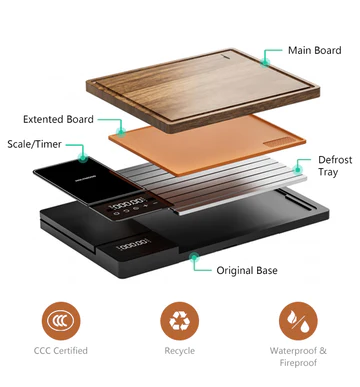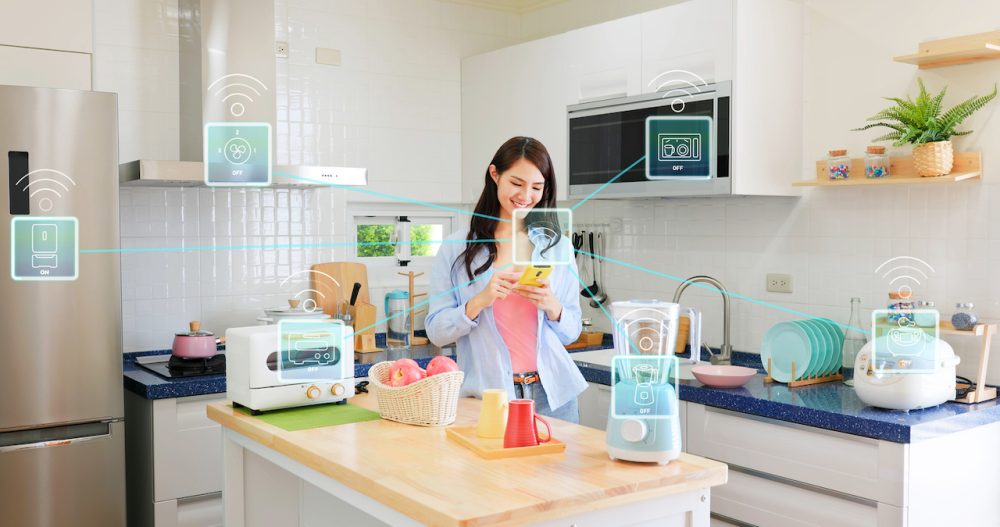How we cook is entirely different from how our parents, grandparents, or even the average person cooked a couple of years ago. Automated kitchens are revolutionizing cooking and hold the power to close the generational gap pushing younger generations out of the kitchen. Autonomous kitchens optimize data and digitize personal preferences to produce cooking experiences catered to personal needs.
Roughly half of millennials cook dinner at home compared to 7 in 10 baby boomers. However, the proliferation of takeaway/delivery apps doesn’t deserve all the blame for the decrease in cooking. A significant factor contributing to the aversion to cooking is the lack of knowledge for preparation and the ability to complete it quickly. Tech companies should automize cooking products and smart home appliances to increase consumers’ knowledge and access to useful tech gadgets.
Autonomous products can increase foods’ quality by clarifying the timing, temperature, and ingredients. The Palate Smart Grill, for example, cooks food based on its weight, composition, and preferred doneness. All of which you can control on an app. Thermometers are no longer just the metal rods they used to be. MEATER functions as a thermometer but also has Wi-Fi and Bluetooth. It communicates through the app when to pull the meat and how long to let it rest. The app even has recipes.

Autonomous cooking improves the efficiency of cooking food, so consumers don’t have to labor over the stove. Impulse Research found that 21 percent of people don’t cook because they don’t have enough time. Siemens coffee maker comes equipped with its Home Connect app. Snooze that alarm an extra five minutes after pushing a button on the app to prepare your coffee and wake up to the smell of your fresh latte. Similarly, the Smart Instant Pot connects to an app and Alexa allowing you to start your meal from anywhere and receive notifications on its progress.
The rising concerns of sustainability and environmental impact will also drive a shift back to the kitchen, so users can manage their waste more effectively. Deloitte found that 68 percent of people are limiting the use of single-use plastic and 43 percent choose brands that have environmentally sustainable practices and values. Cooking reduces the dozens of plastic containers piling up in landfills from ready-to-eat meals and plastic cups.
Autonomous kitchens provide easy access to data enabling consumers’ to take charge of their health. The 427 Smart Chopping Board functions as a scale, cutting board, and defroster that tracks nutritional info from foods placed on it. The chopping board comes chockfull of features: the digital display works as a timer, the board acts as a magnetic knife-holder, and the cutting board functions as a sheet pan. On the app, users can view the macro and caloric makeup of their foods and learn about their eating habits with its insights.

You no longer have to be a skilled chef to grill up the perfect steak. With autonomous kitchens, even the most inexperienced cooks can dole out restaurant-quality meals. However, it’s tech companies’ responsibility to focus on educating consumers on how autonomous kitchens and smart gadgets can ease their cooking woes.















